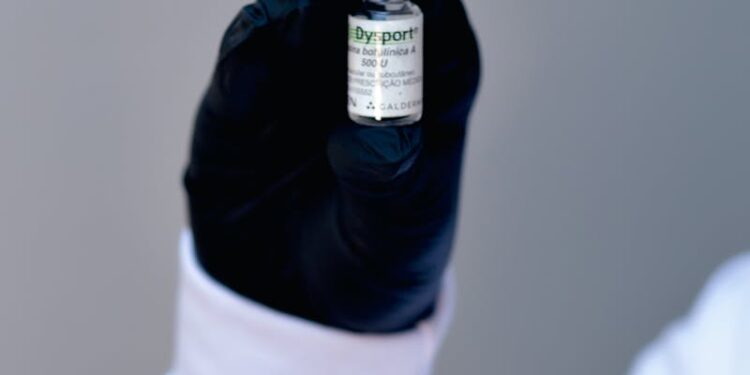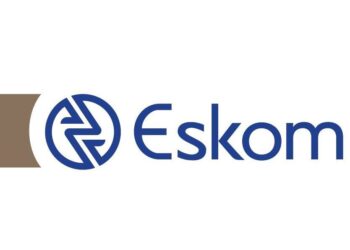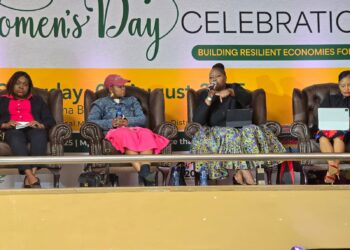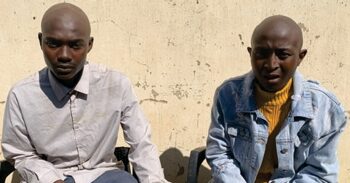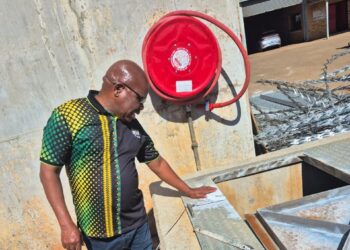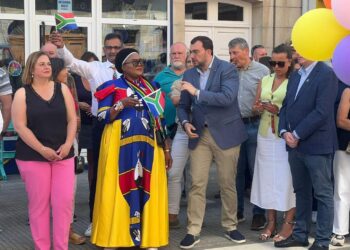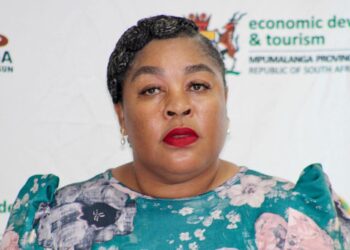MPUMALANGA – As the world observed Vaccination Week from April 24 to 30, the spotlight has been placed on South Africa’s challenges in reaching vaccination targets and combating misconceptions about vaccines.
African Vaccination Week, held simultaneously with World Immunization Week (WIW) in other World Health Organization (WHO) regions, aims to strengthen advocacy for better access to vaccinations.
According to Dr Sara Cooper, a Specialist Scientist at Cochrane South Africa, the two reviews conducted on vaccination highlight that effective public health interventions must go beyond just providing access to vaccines. They must also address the broader context in which vaccine decisions are made. Reasons why children and adolescents may not get vaccinated include structural barriers such as poor access to healthcare services, lack of transport, and cost-related challenges. Some people also experience distrust in vaccination programmes due to broader political concerns or negative past interactions with health systems. Cultural and social norms, as well as individual health beliefs, also play a critical role. Childhood vaccination remains one of the most effective ways to prevent serious illnesses and deaths in children.
Agnes Molebogeng, 45, from Pankop village in the Dr JS Moroka municipality, has three children aged 3 to 16, and none of them have been vaccinated. She believes that vaccination makes children weak. “Kids that are vaccinated are weak; they get sick easily when there is something going around. I use herbs to take care of my kids, and so far they are just fine,” said Molebogeng.
Dr Cooper explained that in the case of adolescents, particularly for the Human Papillomavirus (HPV) vaccine, factors influencing vaccine uptake include limited biomedical knowledge, complex family decision-making processes, and socio-cultural beliefs about adolescence, sexuality, and gender. Caregivers and adolescents are also heavily influenced by extended social networks, media messages, and their trust (or lack thereof) in institutions such as schools, governments, and the pharmaceutical industry.
The HPV vaccine provides a powerful tool for preventing cervical cancer in women and other HPV-associated diseases in people of all genders.
Vaccination weeks aim to strengthen advocacy for better access to vaccination. South Africa was ranked among the top 20 countries in 2023 based on the number of zero-dose children.
Department of Health (DoH) spokesperson Foster Mohale urged parents and caregivers to ensure that their children are up-to-date with their vaccinations to protect people of all ages from vaccine-preventable diseases such as measles, mumps, rubella, polio, and diphtheria.
“Globally in 2023, there were 14.5 million children missing out on any vaccination – so-called zero-dose children. It is for this reason that the department is working with provinces and other stakeholders to address immunisation gaps and improve vaccination coverage in the country,” Mohale said.
The DoH will use the 2025 campaign to intensify vaccination and surveillance activities to close immunity gaps in poorly-performing districts that have been identified as having high numbers of under-vaccinated and unvaccinated children (also known as zero-dose children). This is part of efforts to curb vaccine-preventable disease outbreaks.
Mohale said that although 80% of children in South Africa have received all their vaccinations by the age of one year, this means that one in five children has missed one or more doses and is therefore not fully protected from vaccine-preventable diseases. Countries are expected to reduce their number of zero-dose children by 50% by 2030.











